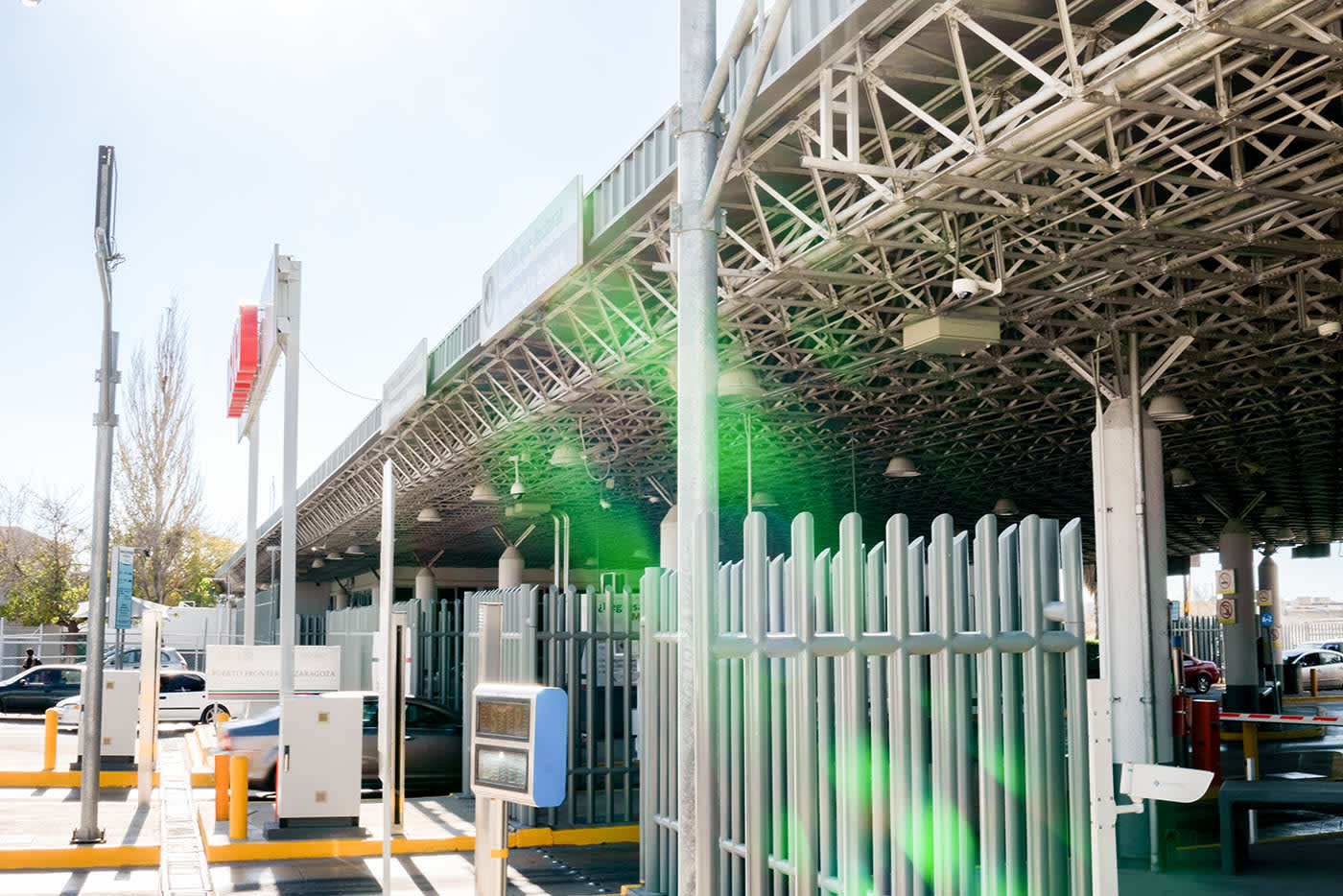
Customs and Border Protection Officer: Career Guide
Are you ready to find a school that's aligned with your interests?
Customs and Border Protection Officers (CBP officers or CBPOs) work to enforce customs, immigration, and agriculture laws. CBPOs are part of the US Customs and Border Protection agency, which is the largest law enforcement agency within the US Department of Homeland Security.1 CBP officers are federal employees who help ensure that American borders remain safe, enforce trade and drug trafficking laws, and prevent the spread of disease. All CBPOs are federal agents and work for the US Customs and Border Protection agency. Once hired into the agency, officers will enjoy excellent benefits including tuition reimbursement, a thrift savings plan, and paid holidays and sick leave.
Featured Online Programs
Explore program formats, transfer requirements, financial aid packages, and more by contacting the schools below.
Career Description, Duties, and Common Tasks
A CBPO works at or near one of the United States' 328 ports of entry to thoroughly screen all visitors and returning citizens, as well as any cargo that is entering the country.1 With keen attention to detail, CBP officers will be able to detect and prevent terrorists and weapons from entering the country; enforce customs, immigration, and agricultural laws at ports of entry; and prevent the illegal trafficking of people, narcotics, and other contraband into the United States.
While CBPO jobs are similar to border patrol agent (BPA) jobs, and some of their duties overlap, these two federal jobs are different in focus. Customs and border protection officers focus on facilitating the flow of legitimate trade and travel, determining the admissibility of individuals into the US, and preventing the illegal entry of individuals and prohibited goods. Border patrol officers typically patrol international land borders and points of entry to apprehend undocumented individuals and prevent human trafficking.
Steps for Becoming a CBP Officer
Prospective customs and border protection officers must:
To become a CBPO, you should expect to follow steps similar to the following:
Customs and Border Protection Officers Job Training
Once hired, each new CBP officer will complete a paid pre-academy orientation that will take place at their home port before attending the CBP Field Operations Academy at the Federal Law Enforcement Training Center (FLETC) in Brunswick, Georgia for approximately 17 to 19 weeks. Fields of study at the academy include anti-terrorism, firearms handling, arrest techniques, and passenger processing. The first year of employment as a CBP officer will be probationary in nature, subject to termination if the agent is found to be unfit for the job during that time. If the officer will be placed at a port where Spanish is required, he or she will need to pass a Spanish language proficiency test. Preparation for the exam may include a six-week Spanish immersion class at the FLETC.
Other Helpful Skills and Experience
Prospective CBPOs should be excellent decision-makers with sound judgment skills, sensitive to the needs of others, emotionally mature, and possess good interpersonal skills. Officers should also be flexible, proficient in English and Spanish, and knowledgeable in the field of law enforcement. Experience in the military is looked on favorably by US Customs and Border Protection when considering applicants.
Job Titles for this Career
- Border Protection Officer
- CBPO
- CBP Officer
CBP Officer Salary and Job Outlook
CBP officers and agents earn a salary based on the federal General Schedule (GS) pay scale. You can view the current General Schedule pay scale at the US Customs and Border Patrol website. G-5 level officers start at a salary of $40,511 and G-7 level officers start at a salary of $46,110.2 Even with over 60,000 employees including support staff, the US Customs and Border Protection Agency still needs more qualified employees to help protect US borders.3 According to the agency, the national staffing levels are congressionally appropriated at over 23,000 CBP officers and 21,000 Border Patrol agents.4
Featured Online Programs
Explore program formats, transfer requirements, financial aid packages, and more by contacting the schools below.
Related Careers
Interested in a career similar to a border patrol agent? Check out these related careers:
- Border Patrol Agent
- Police Officer
- Transportation Security Screener
- Security Guard
- Criminal Investigator
- Private Investigator
- Information Security Officer
Frequently Asked Questions
What does the CBP officer entrance exam assess?
Are candidates paid during their training?
What type of schedule can a CBPO expect to work?
Additional Resources
- Customs and Border Protection Current Applicant Resources: Information for CBP applicants from the official CBP website, including specific requirements for different positions and departments, medical review and residency FAQ, an application tracker, and study guide resources.
- US Customs and Border Patrol: The official website of the Department of Homeland Security, which includes career information for all prospective CBPOs.
References:
1. US Customs and Border Protection, CBP Officer: https://www.cbp.gov/careers/cbp-officer
2. USA Jobs, Customs and Border Protection Officer: https://www.usajobs.gov/GetJob/ViewDetails/407040800
3. US Customs and Border Protection, About: https://www.cbp.gov/about
4. CBP 2016 Annual Report: https://www.cbp.gov/sites/default/files/assets/documents/2017-Mar/FY-2016-CBP-PAR-508C.pdf
*Program outcomes vary according to each institution's specific curriculum, and employment opportunities are not guaranteed.
Latest Posts
Take the next step toward your future.
Discover programs you’re interested in and take charge of your education.